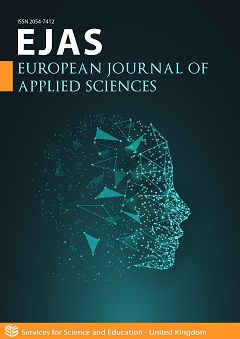Aboard the Soviet Submarine B-59: The Crucial Role of Human Judgment During the 1962 Cuban Missile Crisis
DOI:
https://doi.org/10.14738/aivp.1301.18321Keywords:
Artificial intelligence (AI), Cuban Missile Crisis, Data analysis, Decision, Ethical dilemma, Geopolitics, Human judgment, Nuclear warAbstract
The heroic action of Vasily Arkhipov, a Soviet officer, during the Cuban Missile Crisis in October 1962, highlights the essential role of human judgment in moments of extreme crisis. While artificial intelligence (AI) systems can swiftly analyze vast quantities of data and react instantaneously to various situations, they are constrained by inherent limitations when confronted with ethical dilemmas and human uncertainties. In contrast to AI, Vasily Arkhipov’s decision was informed not only by military data but also by a nuanced understanding of human and diplomatic considerations, ultimately averting a nuclear disaster. This pivotal moment underscores the necessity of preserving human involvement in critical decision-making contexts, where intuition and discernment are indispensable. Although AI can offer valuable analytical insights, it cannot replicate the capacity for judgment required to assess situations with profound moral and social implications. This article argues that AI should serve as a complement to human decision-making, never replacing it, especially in matters with far-reaching consequences.
Downloads
Published
How to Cite
Issue
Section
License
Copyright (c) 2025 Gilles Paché

This work is licensed under a Creative Commons Attribution 4.0 International License.






